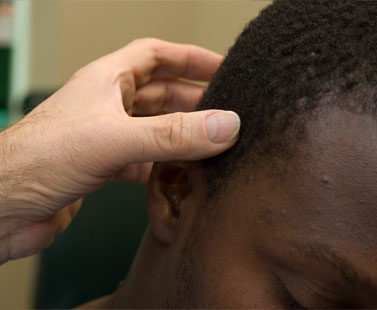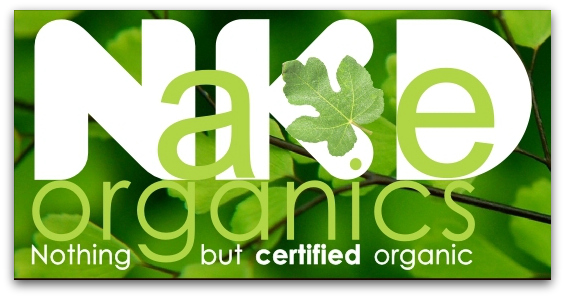Makeup Safety - Results of Sun Exposure on Dark Skins

Checking for Skin Cancer
Dark skinned people offer some increased protection against ultraviolet radiation from the sun. This is because there is a higher melanin (brown-black pigment) content, which in turn reduces the risk of skin cancer induced by ultraviolet radiation from sun exposure. However, a darker skin does not mean you are immune to skin cancer.
Skin cancer does not discriminate; it occurs in all populations, regardless of skin colour.
A recent epidemiological review published by the American Academy of Dermatology showed that the five-year survival rates for African-Americans (78 percent) is significantly lower than that of Caucasians (92 percent)
Ultraviolet radiation still remains one of the most important factors contributing to the risk of developing a skin carcinoma among all skin phenotypes.
"Many patients think that non-Caucasian people are immune to skin cancer. That is one reason people of color are diagnosed at later stage, meaning that skin cancers are often advanced and potentially fatal," said Dr. Mona Gohara, Assistant Clinical Professor, Department of Dermatology, Yale University School of Medicine, New Haven, CT.
Because of the common misconceptions about darker skin and skin cancer, studies consistently show that people of color are more likely to wait until the disease has reached an advanced stage to visit the dermatologist, or worse, don't visit the dermatologist at all.
One recent study found that non-white patients were more likely to have advanced and thicker melanoma at diagnosis and lower survival compared with white patients.
A study from L'Oréal Research & Innovation demonstrated that the highest risk of DNA damages was in light to tan skin.
As such, there is a need to educate people with skin of color about the risks of sun exposure and proper sunscreen use.





